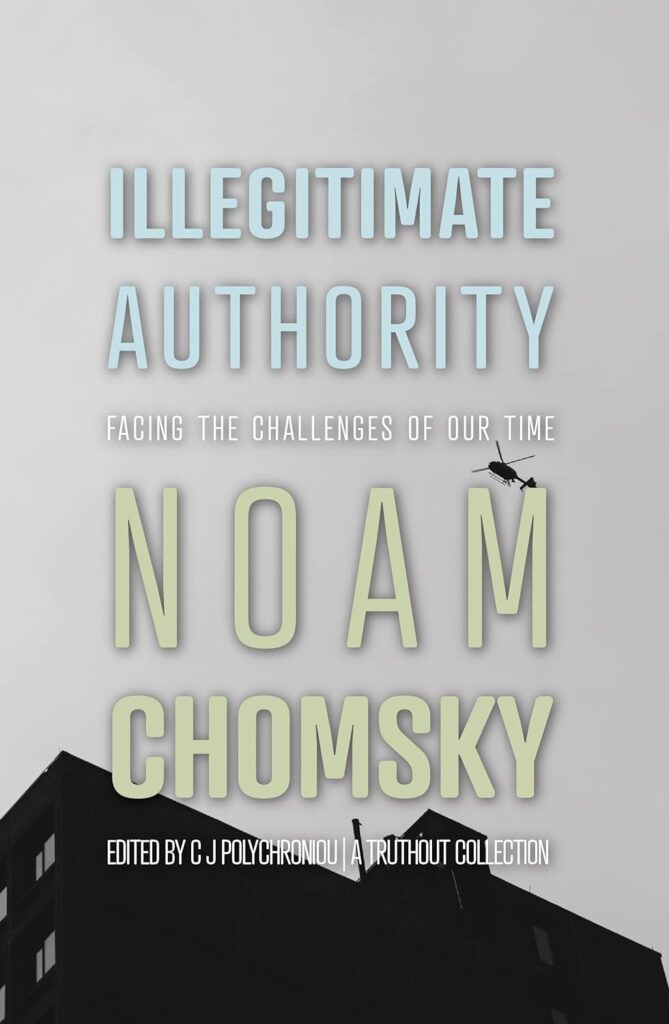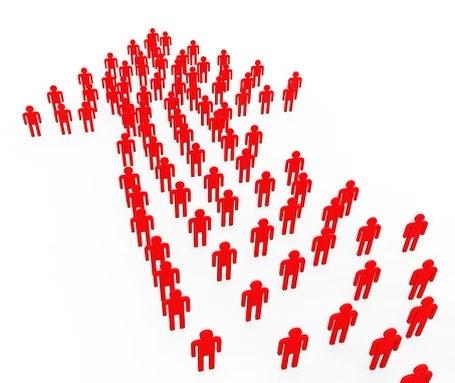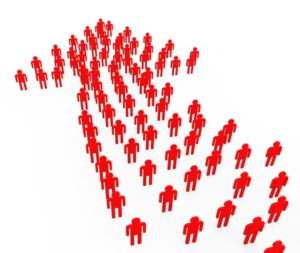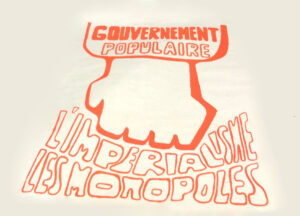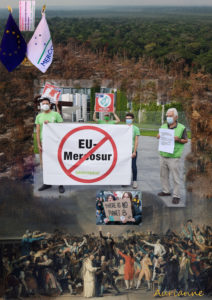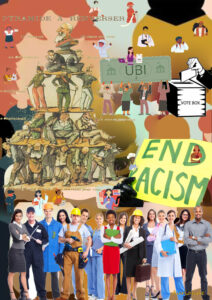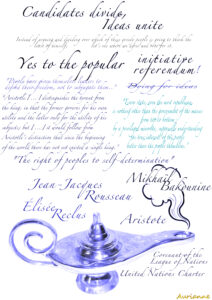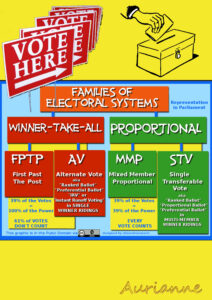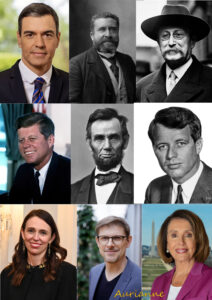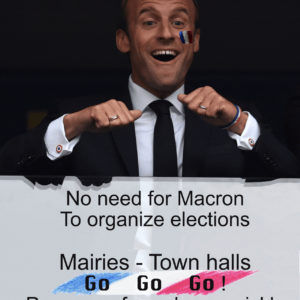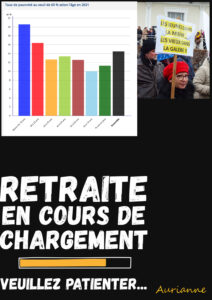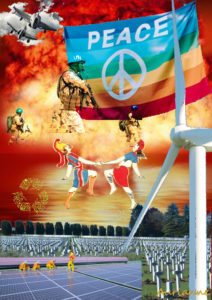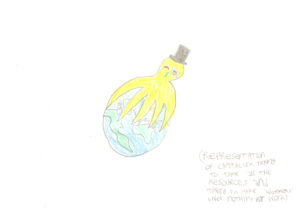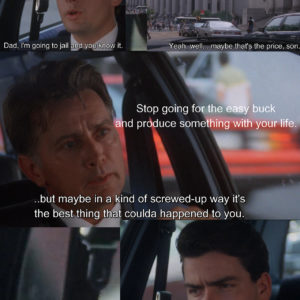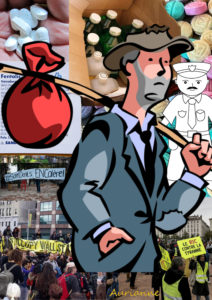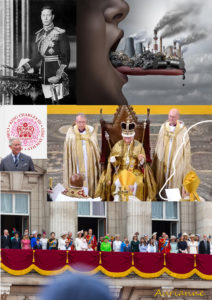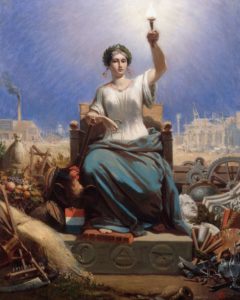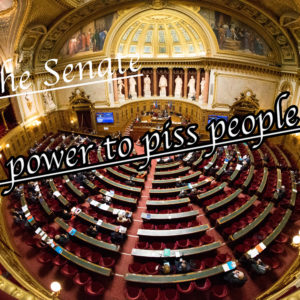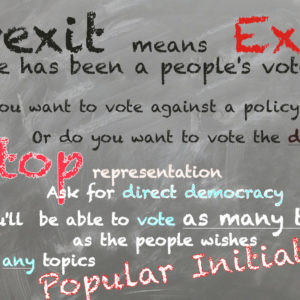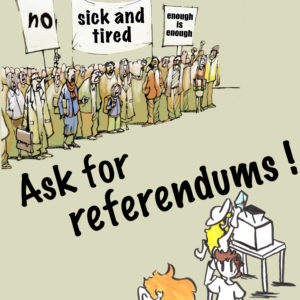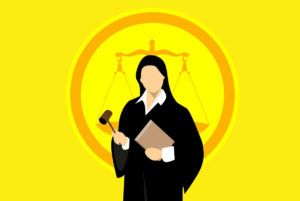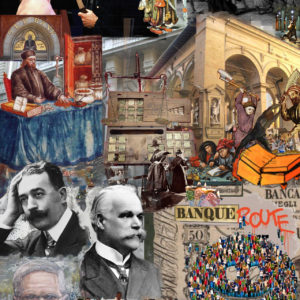The European Commission, religious leaders, consultancy firms (Accentur, Mac Kinsey, Ernst and Young, PWC), crowds, senates and social networks are all examples of illegitimate authorities in countries where the people are self-determining as a democracy. Big business like Coca-Cola or Total is powerful; what is illegitimate is the representative of the people who puts the interests of big business before those of the people. Scientists with the title of doctor of science, who are therefore authorities who sell their souls to the multinationals, these sellers of doubt are illegitimate, as the documentary The World According to Monsanto shows.
For example, the European Commission is made up of people appointed by the member countries; they are not elected. The European Parliament, which is elected and therefore legitimate, has no authority because it is only consultative.
The crowd is illegitimate. The angry people in the street are not the ones who have to decide. Citizens are legitimate. They have to decide by referendum to become a legitimate authority.
Religious people have power, but they are not legitimate authorities. Politicians have no business consulting them.
Consultancy firms, including the Fab Four, have no business advising our elected representatives and public authorities. The administration is the arm that implements what has been voted. If the people have decided on such and such a programme for such and such an elected official, that’s what they want. The abuse of these consultancy firms is causing the population of experts in the administration to decline because these posts are being abolished. These consultancy firms serve their most powerful clients, not the people. Civil servants are servants of the people. For example, the entire COVID reaction was steered by Mac Kinsey, even though we have a Ministry of Health.
Senates or upper houses are assemblies of unelected people, often appointed for life, who have the power to block any political change in a country even if the people want it. They can nullify the work of the people’s representatives. They are major obstacles to the will of the people.
Social networks, unlike journalists, have not been to school and do not have a journalist’s card; the protection of their sources is not governed by law. They have no authority to guarantee their information. Their sources and their information should be checked. Social networks are replacing journalism. There is no transparency or ethics.
There are commercial companies that sell their influence to private companies, political parties or governments. 73% of 16-30 year-olds get their information solely from social networks, according to the newspaper L’Etudiant.
Nobody voted for Elon Musk, yet he makes decisions with no recourse for citizens.
Tesla protests escalate worldwide in response to Elon Musk’s leadership – France 24 English: https://youtu.be/C_sns4vqQiA?si=kdmb6IbcMbaqx9Cz
The police and the army are illegitimate when they serve power rather than the people. They are legitimate when they defend the people. For example, General de Gaulle was legitimate in his appeal of 18 June. General Lafayette sided with the French revolutionaries against the nobility. Napoleon was legitimate when he overthrew parliament.
Courts of exception are illegitimate. Justice is accountable to the people, so why are our elected representatives judged by parliamentary commissions of enquiry, high courts of justice or military tribunals? Industrial tribunals are an aberration. The administrative courts are a form of justice where people judge each other and are not accountable to the people. The arbitration tribunal set up by the European Union judges economic disputes by economic players, not by judges.
The European Central Bank is independent, not subject to the power of elected representatives.
Since the Sarkozy government came to power, the abolition of the taxe professionnelle and the taxe d’habitation has deprived town councils of the direct income they could spend in accordance with the citizens’ mandate. Now they have to beg the prefecture for the money. This is illegitimate and goes against the decisions of the people.
To find out more, read Illegitimate Authority: Facing the Challenges of Our Time by Noam Chomsky.
